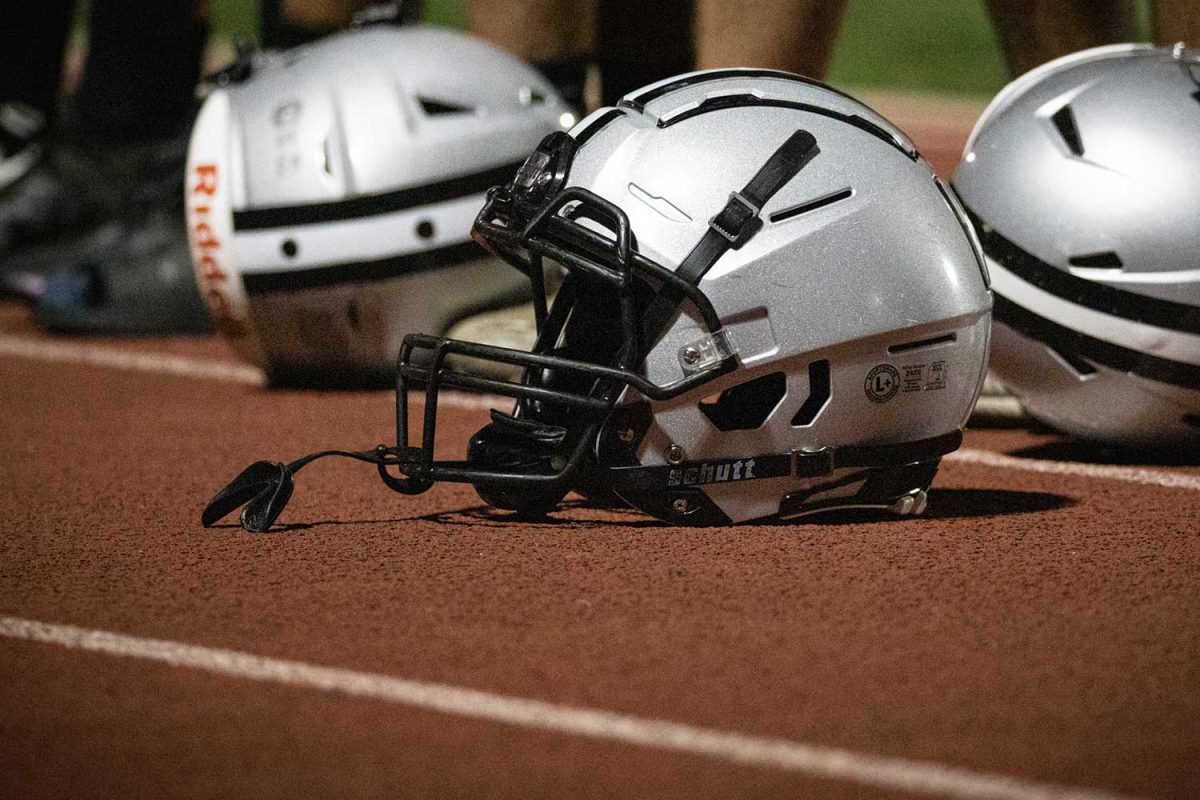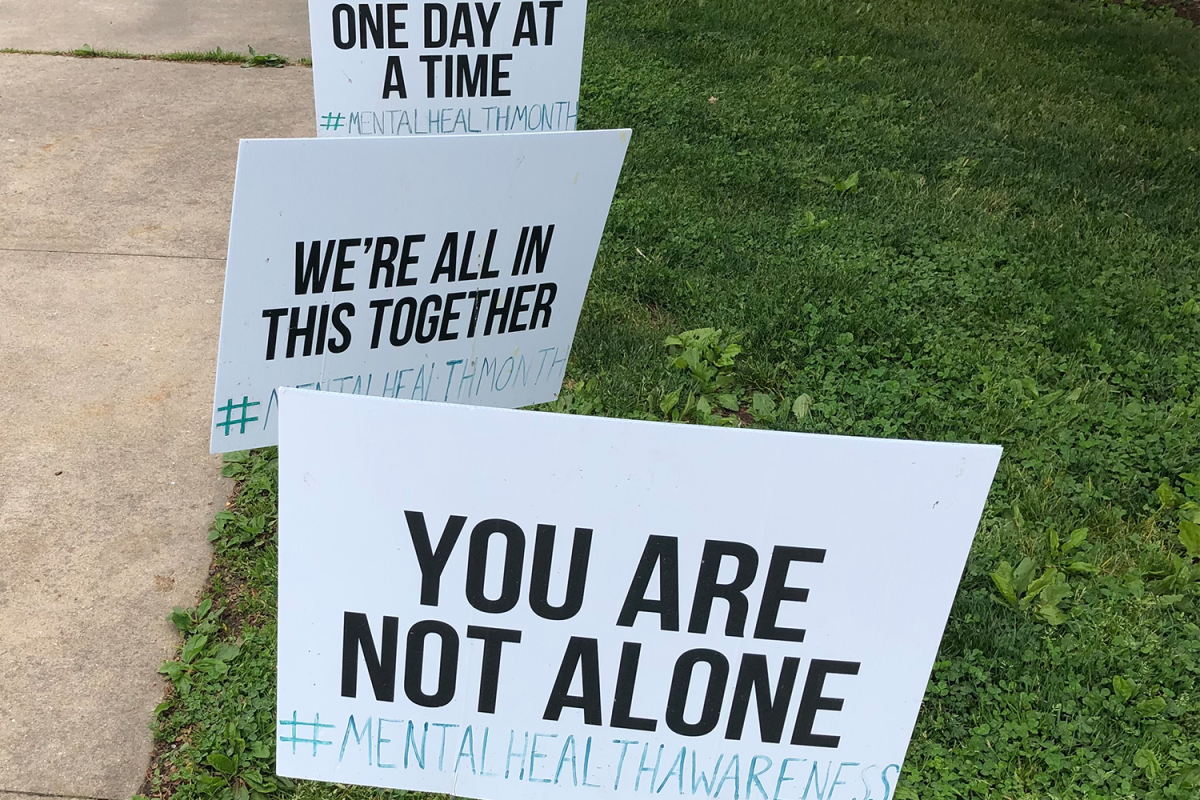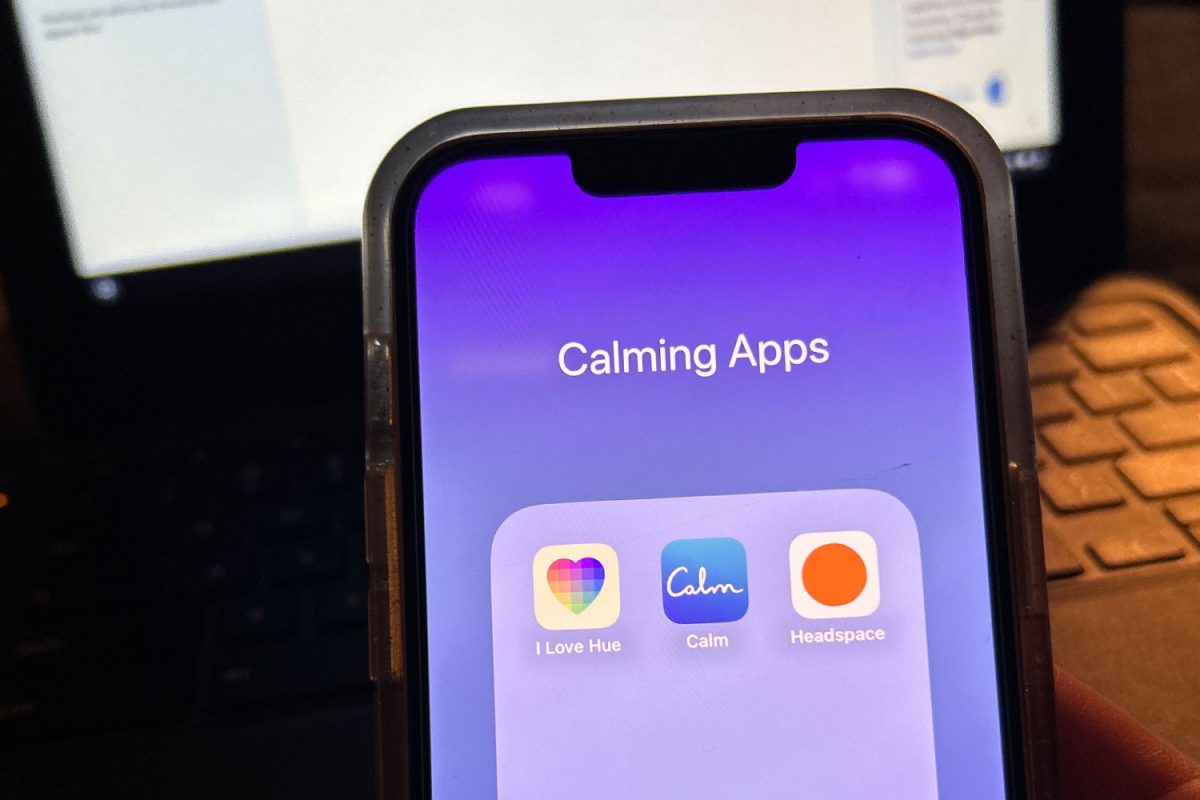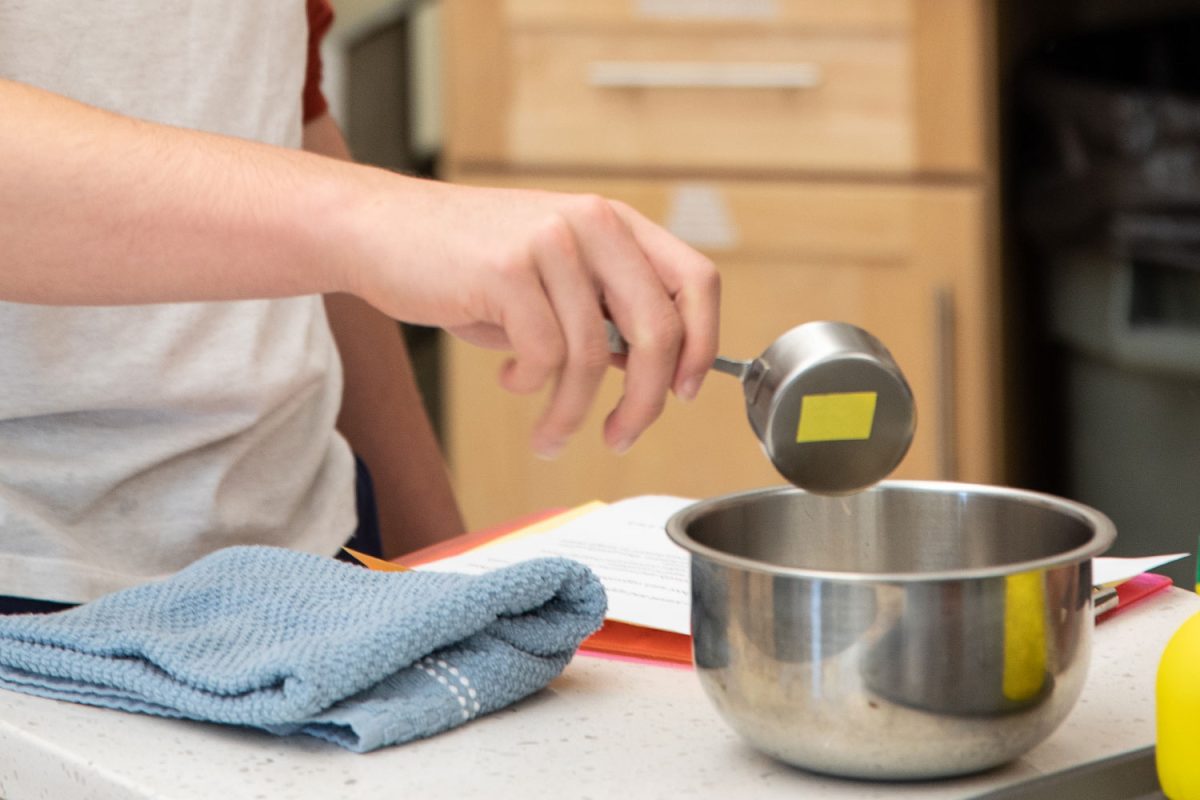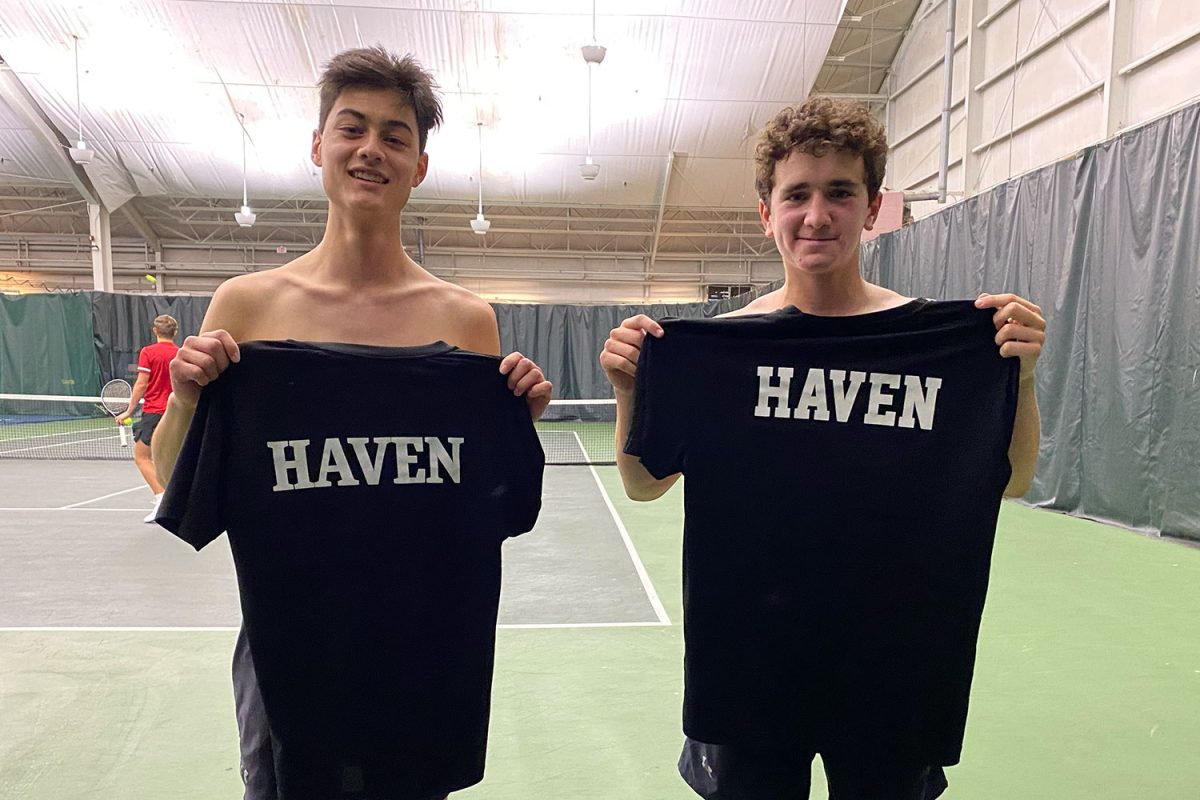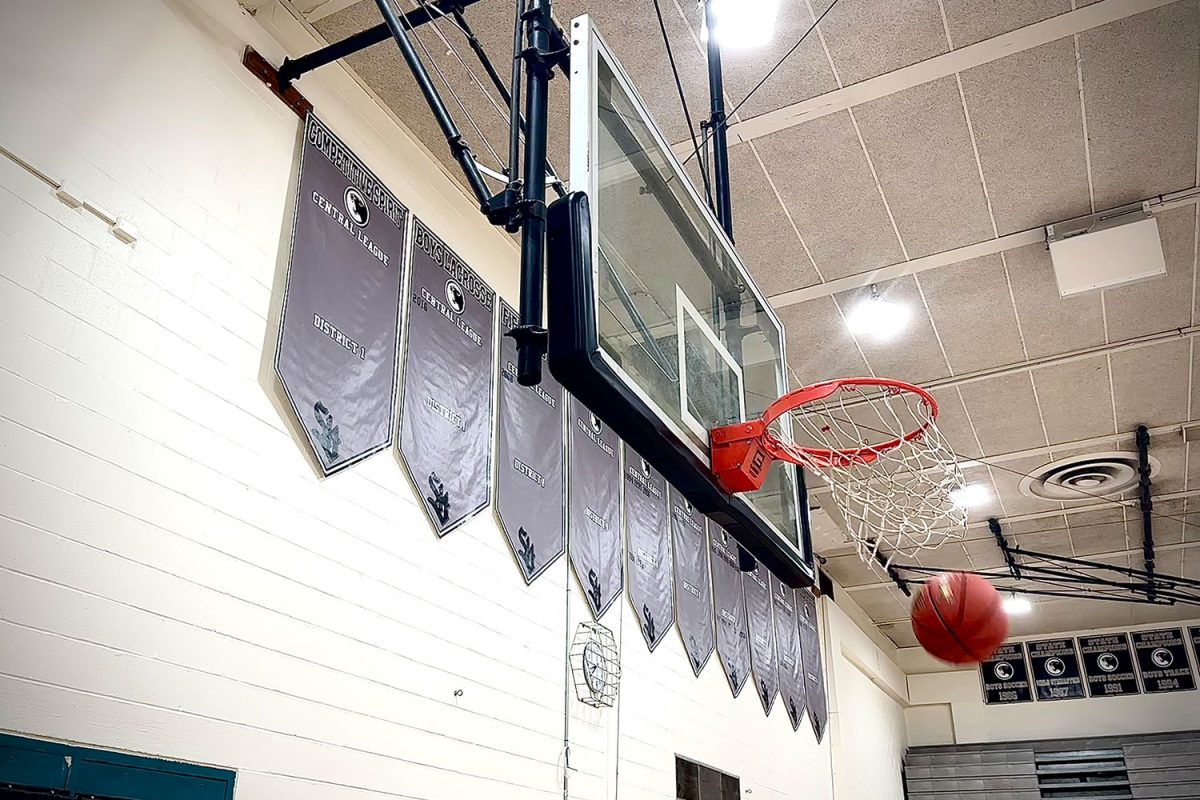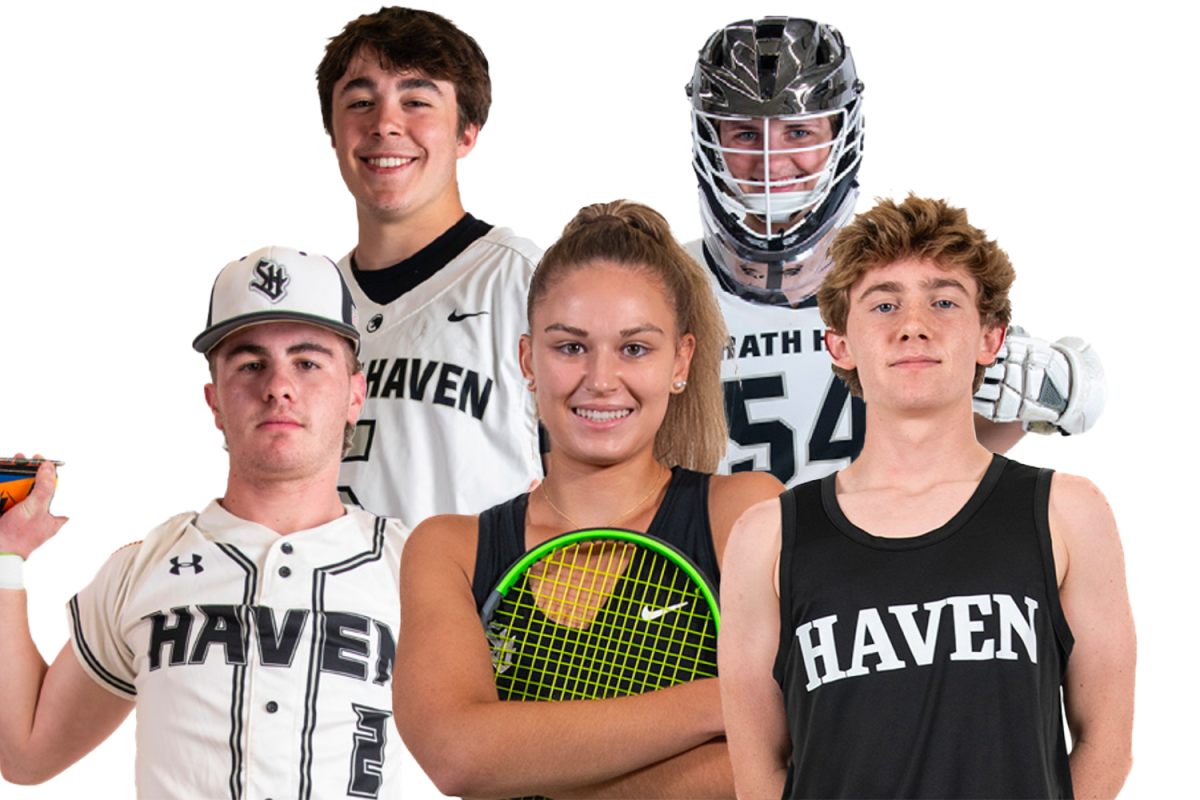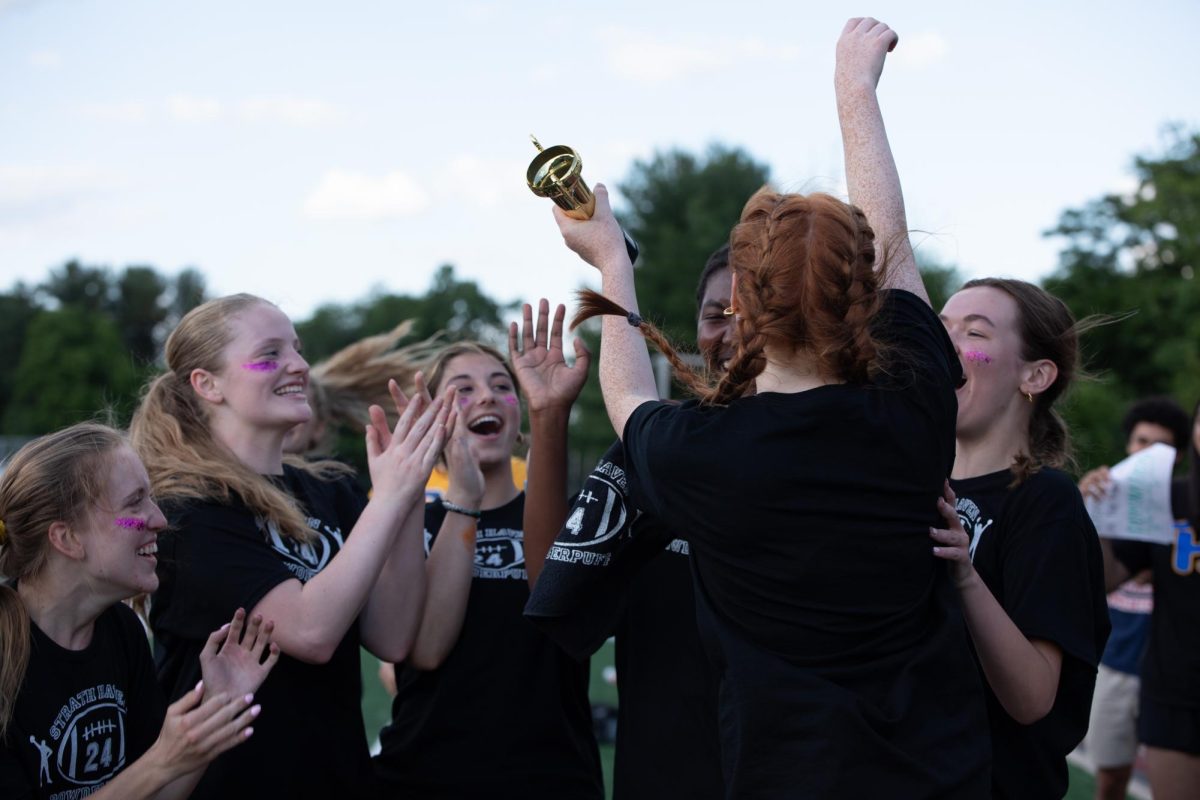New research indicates that head injuries in youth sports may have a more serious long-term impact than previously understood.
152 brains of athletes who died before the age of 30 were donated to Boston University and Veterans Affairs Boston Healthcare. Researchers found that 40% of the brains had Chronic Traumatic Encephalopathy, according to the New York Times.
Chronic Traumatic Encephalopathy, commonly known as CTE, is a disease that causes the death of the brain’s nerve cells and affects people who have experienced traumatic head/brain injuries, including concussions and head impacts. The threats CTE poses on athletes, specifically student-athletes, are new, yet CTE has been reported to increase confusion, memory loss, aggression, impulsive actions, feelings of depression, and suicidality.
Recent studies like this challenge previous ideals of sports. Knowing the long-term consequences of concussions raises questions regarding the safety and future of student-athletes. Such consequences urge crucial revision and maintenance of the school’s health and safety departments.
“I think it’s a really interesting topic and I’m excited to see, as it progresses, what the research shows: especially in terms of youth development and the impact that concussions or full impact sports have on youth, and what dangers or risk that might pose for them later in life,” School Nurse Ms. Sarah Fleming said.
“In very very basic terms, you only get one head, so the biggest thing to do is to be honest about it and advocate for yourself when you’re not feeling right.”
— Ms. Sara Fleming, School Nurse
“What’s good about it is that we’re all much more educated about [concussion signs], so we’re much quicker to look for them and signs for them,” Fleming said. “So, hopefully, we’re spotting that sooner and getting them treatment sooner, which is always a good thing.”
Such openness to new research allows for an up-to-date protocol regarding student-athlete health. Changes to sports gatherings and even equipment in youth sports could help reduce the risk of CTE in drastic ways.
“The more we learn about it and the more we know about it, the better we will be able to develop interventions to either lessen its impact or, develop different ways of playing sports,” Fleming said. “It’ll impact equipment, how we run sports and practices, in terms of student-athletes, it might impact how much class time they miss, how much recovery time they get, and any other classroom accommodations they might get.”
While there’s always the possibility of changes, Fleming and Athletic Director Lynelle Mosley agree that the school’s current protocols ensure safety and aim to prevent underlying symptoms.
“Our trainer is very well-versed in the procedure with concussions, and when any student has any sign or any injury in a game that may look like a concussion, they’re immediately tended to,” Mosley said. “We have a lot of protocols that we have to go through before they’re okay to go back onto the playing field. I think we handle it the way we’re supposed to handle it, as of now, to prevent our student-athletes from suffering from concussions or any lasting effects.”
Knowing the ropes of how to get through a concussion can help to reduce anxiety surrounding any kind of concussion. Set procedures and accommodations allow for a healthy, stress-free recovery.
After he was diagnosed with a concussion, sophomore Jordan Alexander experienced the school’s concussion protocols as a process.
“I had headaches almost every day,” sophomore Jordan Alexander said. “I wasn’t really scared because I knew I’d be fine. I just had to get through it.”
Understanding the long-term threats head injuries cause only urges the necessity for further safety regulations and honesty. Considering the strength of the current protocols, Fleming stresses honesty about symptoms for all student-athletes.
“One of the biggest things a student can do is be honest. When they hurt their head, if they don’t feel right, they need to communicate that to someone,” Fleming said. “In very very basic terms, you only get one head, so the biggest thing to do is to be honest about it and speak up and advocate for yourself when you’re not feeling right.”
Although immediate changes may not be made in school sports in relation to the newest research, Fleming notes that staff will continue to pay attention to the research—and to Haven’s athletes.
“I think we’re all aware now that concussions can pose further risk down the line for any individual, so we’re all more vigilant about watching and spotting them and making sure that the person is getting the appropriate treatment and rest and accommodations they need to truly recover,” Fleming said.
“What that means for sports down the line, I couldn’t tell you.”









